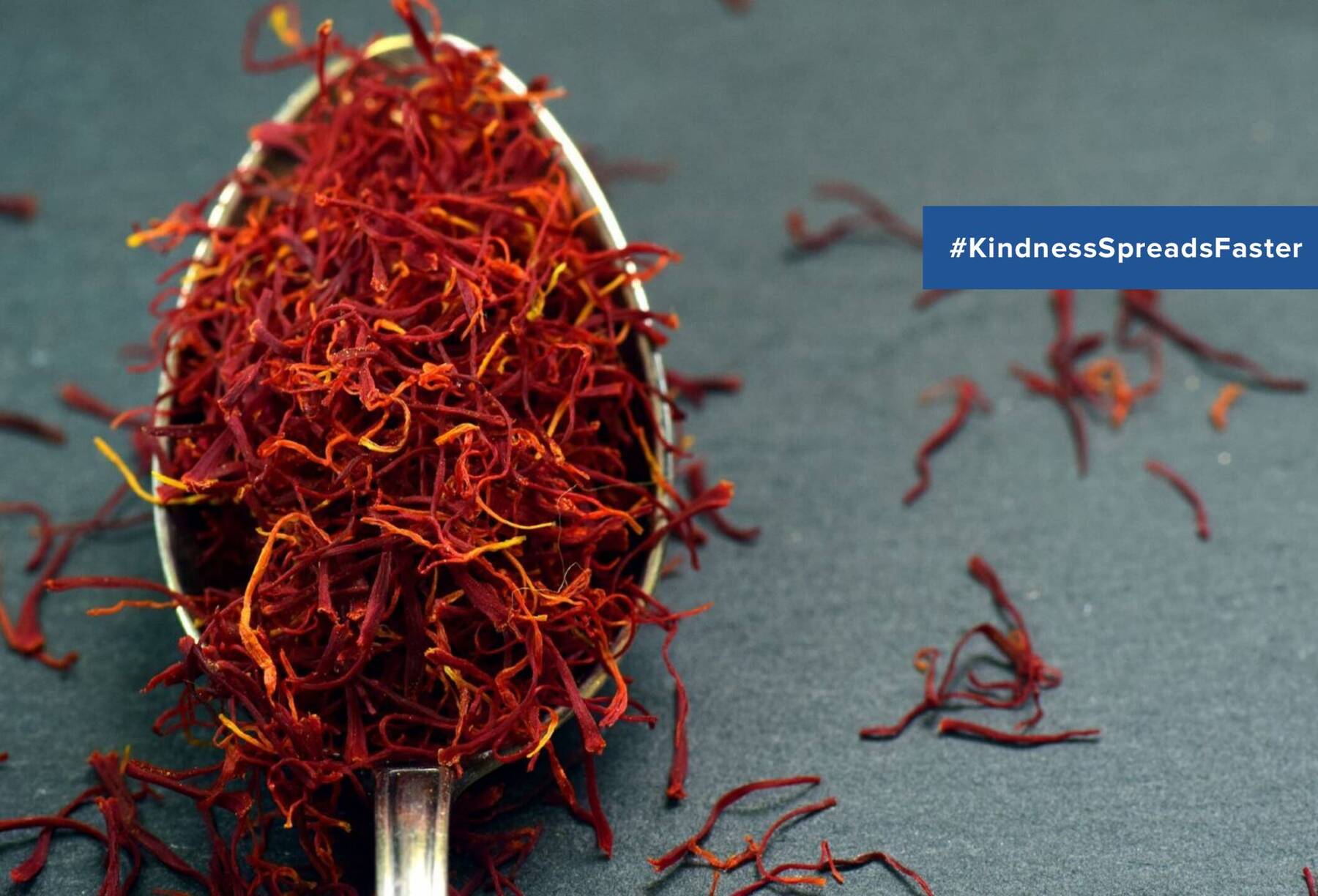Why do we need a ‘happiness’ course?
As Yale Psychology professor Laurie Santos found when her course garnered so much attention, many individuals are seeking the key to happiness. What’s interesting is that the average age of an undergraduate at Yale is 20. Surely Generation Z-ers (born between 1995 and 2015), with their assumed boundless energy, and technological access to whatever their hearts desire, should be deliriously happy? Not so.
When The Science of Well-Being launched recently as an online course, more than 600,000 people signed up in March 2020 alone. Santos believes we’re surrounded by misconceptions about what makes us happy. Of course, during the COVID-19 pandemic, many of us are seeking ways to reconnect with positivity and contentment.







Comments